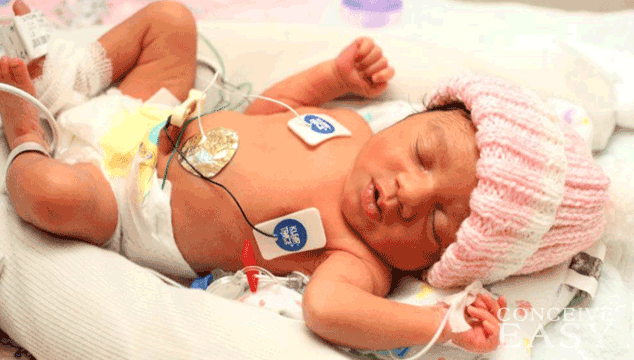![]() The information provided by our expert should not constitute a diagnosis of your condition. Always consult a medical practitioner or healthcare provider for a formal diagnosis. By making use of this content, you agree that ConceiveEasy and the expert assume no liability.
The information provided by our expert should not constitute a diagnosis of your condition. Always consult a medical practitioner or healthcare provider for a formal diagnosis. By making use of this content, you agree that ConceiveEasy and the expert assume no liability.
IVF is an extremely effective way for women to become pregnant. Typically, this is a fertility treatment that is used by couples who are not able to become pregnant on their own. With this treatment, many couples have conceived after trying unsuccessfully for year. Claim Your 20 Free Pregnancy Tests – Click Here
Unfortunately, IVF has always had a number of side effects to be concerned about. For example, women tend to have a greater chance of having multiple births when they choose this type of fertility treatment. Now studies are showing that children born through IVF have a greater risk of developing birth defects.

Studies have shown that about 4% of children who are conceived through IVF have the risk of developing major birth defects. Some of the defects that they may develop could be urogenital tract malformations, issues with their heart, or a number of other problems.
In addition to major birth defects, it was found that these children were 5 times more likely to develop minor birth defects. For example, it was common for them to develop benign tumors, called angiomas, which caused a red growth on the skin.

Researchers did point out that the number of major birth defects wasn’t necessarily more than the general public. So, it is possible that these defects would be present even if the child had not been born via IVF.
As for the minor birth defects, it is difficult to determine exactly what causes the issues. Doctors are uncertain whether it is the procedure itself that causes an increase in these birth defects or if it is the fertility drugs given to the mother in order to perform the procedure. It is even possible that it is the issue behind the couple’s infertility that increases the risk for birth defects.

If you are planning to have a child via in-vitro fertilization, it is important to keep these risks in mind. However, doctors do say that the risks of having a baby with major or minor birth defects are still significantly low. But, discussing the risks with your doctor before you have the procedure is an important part of the process.
Also, keep in mind that there are other fertility treatment options available that are fairly effective. When these treatments were studied, there was no significant increase in the number of birth defects. For many couples, relying on a different form of fertility treatment may be the answer to reducing the risk of delivering a baby with birth defects.










Comments